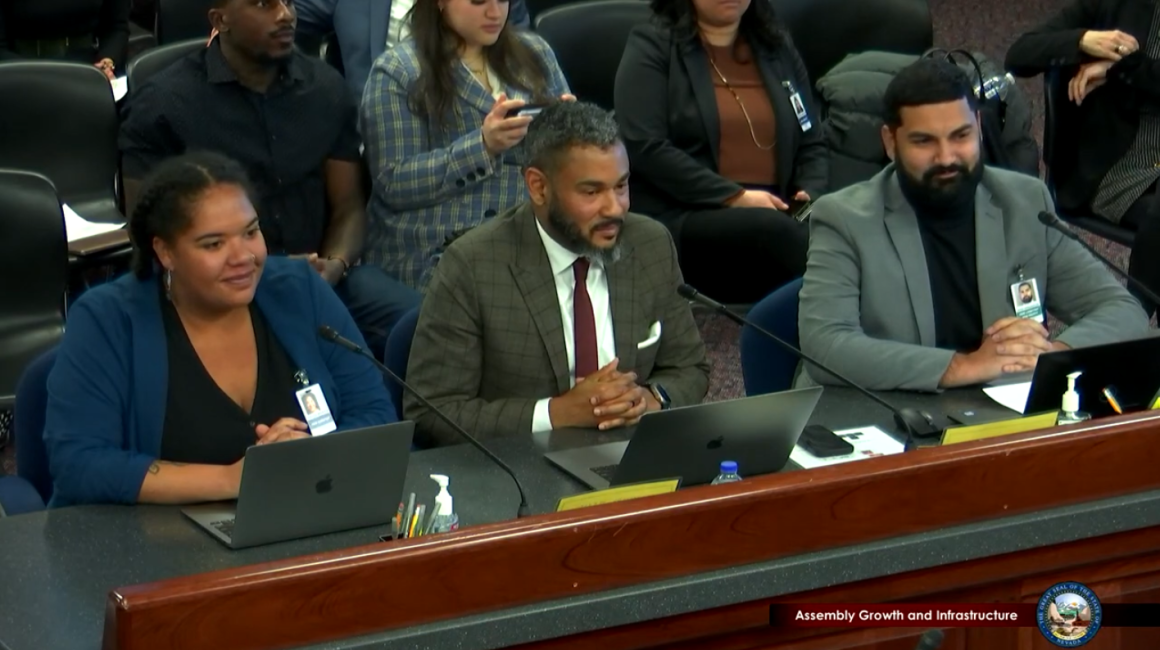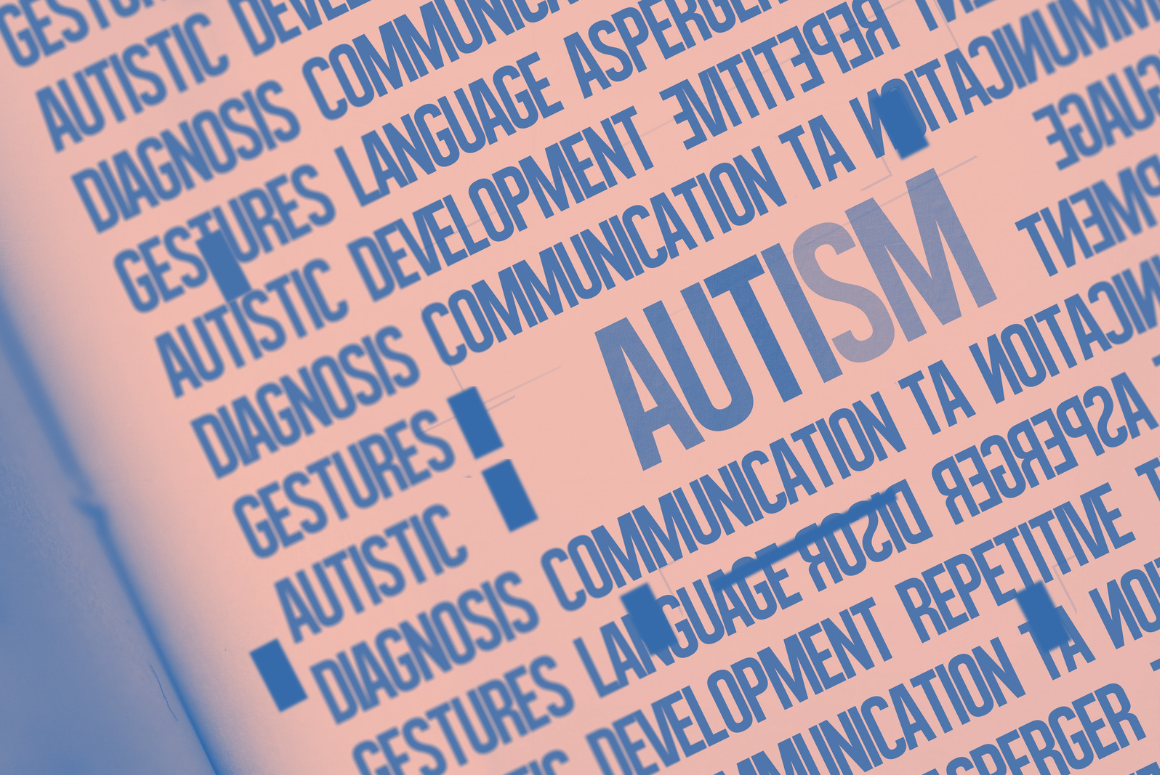By Ryan Vortisch, Legislative Reporter, ACLU of Nevada Foundation
Panic rising from the back of your throat. Feeling frozen in fear, confusion. Being unable to move or respond. Trying to hear the words. Trying to find the words. Trying.
Traffic stops can be nerve-wracking for anybody, but especially for individuals who may face difficulty communicating because they have Autism Spectrum Disorder or are deaf or hard of hearing, legislators said at a Feb. 23 committee hearing for Assembly Bill 161. The bill aims to make traffic stops safer by creating a voluntary DMV designation that will warn police of communication impairment at the start of an encounter.
The bill is sponsored by Assemblyman Cameron "C.H.” Miller, and Assemblywoman Shannon Bilbray-Axelrod in collaboration with the ACLU of Nevada. During the hearing, AB161 received no opposition, and police unions across Nevada, nonprofit organizations, and members of the public all showed up to express support for its passage.
"AB161 intends to define a communication impairment broadly to help the largest number of people experiencing challenges with auditory processing, verbal communication, or neurodiversity while maintaining a level of confidentiality," said Athar Haseebullah, executive director of the ACLU of Nevada. The choice to add a communication impairment notification would be completely voluntary and not require documented proof from a healthcare provider.
“We specifically used the term ‘communication impairment’ not to be disparaging, but to cast a wider net,” Haseebullah said. “One of the things that we wanted to do was create the widest level of verbiage possible to incorporate the most amount of people without being specific enough to overly share (private medical information).”

Miller said he proposed this bill after receiving a call from a friend whose son was arrested during a traffic stop. Officers believed the man, Anwar Allums, had been driving while intoxicated because of his communication style, but in truth, Allums is on the Autism Spectrum. Allums and his mother, Aesha Goins, testified in support of the bill.
“If this could have been avoided, I think my life would have been better,” Allums said.
Goins told lawmakers that all people should be treated with respect and dignity and said she was shocked at the treatment her son endured during that traffic stop.
“I couldn't understand why my well-mannered, soft-spoken, and loving son could be shackled and taken to jail. He is so well-mannered that the police noted it in the police report," she said.
Haseebullah said that by including an indication that a driver may have a communication impairment, officers will be able to approach these encounters more cautiously.
Community members who testified in support of AB161 said the legislation would have a positive impact on their loved ones and on the ability to be independent for differently abled Nevadans.
Elyse Monroy-Marsala gave public comment in Carson City and spoke of her concerns as a mother.
“Autistic children grow up to be autistic adults, so ensuring that our state enacts laws and policies to help people of all abilities live in our communities safely and inclusively is very important,” she said. “Autistic adults should have the same voice and agency as neurotypical people as it relates to how they navigate the world... even if that voice is not auditory.”
Ryan Vortisch is the 2023 legislative reporter for the ACLU of Nevada Foundation. He lives in Reno and attends the University of Nevada.
Date
Wednesday, March 1, 2023 - 3:30pmFeatured image

